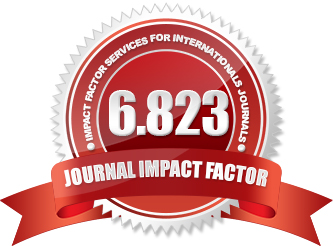Difficulties of Differentiating Euphemisms and Dysphemisms
DOI:
https://doi.org/10.51699/pjcle.v2i5.362Keywords:
euphemism, dysphemism, orthophemism, diachronic semantics, contextAbstract
The article discusses the existing approaches to the study of the phenomena of euphemism and dysphemism. It was revealed that the methodology of the study of euphemism and dysphemism should rely mainly on the principle of holism, which means the synthesis of data personal sciences, providing a holistic and interdisciplinary study of the language as cognitive-communicative, sociocultural and biopsychological phenomenon. Functional-Pragmatic and Diachronic Approaches to the Study of Euphemisms and dysphemisms stand out as the most effective.
In order to identify criteria identification of euphemism and dysphemism in the framework of this study in detail the phenomenon of dysphemism and related phenomena are considered. It was found that to dysphemisms cannot be attributed to all stylistically reduced vocabulary, although in some in some cases, pejorative, taboo, vulgar vocabulary can be conceptual-semantic source of dysphemism.






